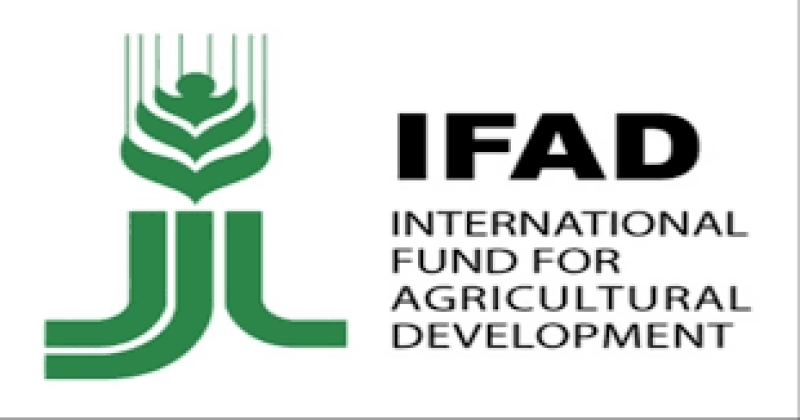- CA Yunus pays homage to Liberation War martyrs on Victory Day |
- Bangladesh capital market extends losing streak for second day |
- Bangladesh celebrates Victory Day Tuesday |
- 'Different govts presented history based on their own ideologies': JU VC |
IFAD OKs $70M for Climate-Resilient Farming in Bangladesh

The International Fund for Agricultural Development (IFAD) has approved a new US$70 million project to support rural communities in flood-prone and drought-prone regions adapt to environmental shocks and improve their livelihoods.
The Climate Resilient Agriculture and Livelihood Enhancement Project (CRALEP) received formal approval at IFAD’s 144th Executive Board session in Rome recently, IFAD said on Tuesday.
It will be implemented by the Local Government Engineering Department (LGED), under the Ministry of Local Government, Rural Development and Cooperatives, with oversight from the Economic Relations Division (ERD) of the Ministry of Finance.
With a target of reaching 1.34 million people across 33 upazilas in the Haor and High Barind regions, which are frequently affected by floods, flash floods, and droughts, CRALEP aims to improve climate-resilient infrastructure, expand income-generating opportunities, and strengthen the capacity of institutions to manage climate risks more effectively.
The project will channel investments into building 334 kilometres of climate-resilient village roads and 58 rural markets, significantly improving connectivity and access to essential services for remote communities.
In 240 villages, it will also install key infrastructure such as walkways, tubewells, and sanitation facilities to enhance daily living conditions and improve public health.
To help rural populations better withstand climate-related shocks, CRALEP will develop 72 elevated platforms known as killas to provide shelter for livestock during floods.
It will also introduce nature-based protection systems in 280 villages to reduce environmental risks.
In addition, the project will strengthen early warning systems for flash floods and droughts through the Climate Resilient Local Infrastructure Centre (CReLIC) to support timely and community-based disaster response.
Youth empowerment is central to CRALEP’s approach.
The project will provide vocational skills training to 34,000 young people and offer entrepreneurship support to another 10,000, helping them build sustainable livelihoods and contribute to the rural economy.
“This project builds on the strong and longstanding collaboration between IFAD and the government of Bangladesh. CRALEP takes that partnership further by strengthening community resilience and well-being through climate resilient infrastructure and diversified livelihoods that integrate nature-based solutions and climate information services, focusing on rural women, men, and youth in some of the country’s most climate-vulnerable and underserved areas," said Valantine Achancho, IFAD Country Director for Bangladesh.
"Meeting their needs requires coordinated and sustained efforts. Through this initiative, will contribute to building a more secure and dignified future for the rural population in Bangladesh,” said Valantine Achancho.
In a letter to the Adviser, Ministry of Finance and IFAD Governor, IFAD President Alvaro Lario reaffirmed IFAD’s strong partnership with Bangladesh, commending the country’s excellent performance in implementing development projects, reports UNB.

